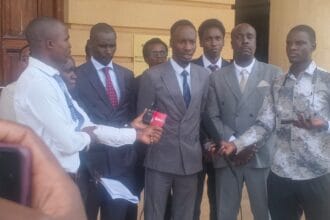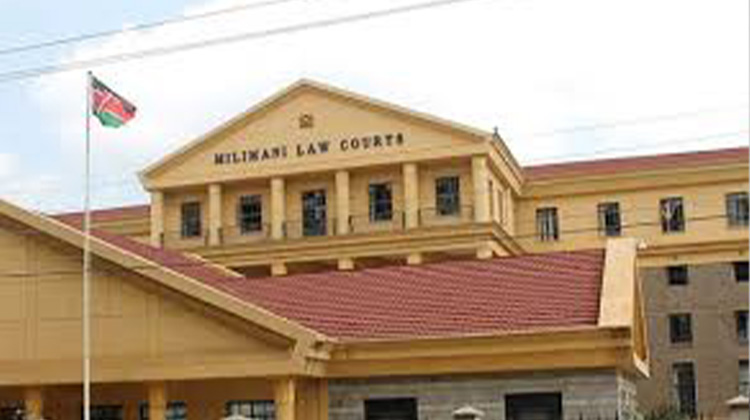Deputy Inspector General of Police Eliud Lagat has suffered a legal setback after the High Court dismissed his attempt to stop a case challenging his recent administrative actions. High Court Judge Chacha Mwita overruled a preliminary objection filed by Mr. Lagat, which sought to have the petition thrown out on jurisdictional grounds.
The Deputy Inspector General, through his lawyer Cecil Miller, had argued that the case properly belonged before the Employment and Labour Relations Court. His legal team contended that the dispute concerned employment and administrative decisions internal to the National Police Service and was therefore outside the High Court’s purview. However, Justice Mwita firmly rejected this argument, stating that the core of the petition raised fundamental constitutional issues that only the High Court is empowered to address.
In his ruling, Justice Mwita affirmed the court’s jurisdiction to hear the case. “I’m unable to agree with the respondent that the court has no jurisdiction. I affirm that this court has jurisdiction. The preliminary objection is over-ruled,” the judge stated.
The case, filed by petitioner Eliud Matindi, centers on two key actions taken by DIG Lagat: his decision to step aside from his duties and his subsequent appointment of Principal Assistant Patrick Tito to serve as the acting Deputy Inspector General of the Kenya Police Service during his absence.
“ In the present petition, the petitioner argued that the issues raised are in violation of the Constitution and the law. According to the petitioner, the issues that the court is required to answer, include Whether the first interested party could step aside and whether he could appoint someone to act in his position during his absence” read Judge Chacha
The court elaborated that the petition does not involve determining an employer-employee relationship. Instead, the issues presented require a pure interpretation of the Constitution and relevant laws.
“The issues raised do not include determination of employer employee relationship and related matters, rather the issues are purely on the interpretation of the Constitution and the law namely whether the first interested party action were constitutional and legal and as a matter of fact there is no employer employee relationship issue on the petition except the constitutionality of the first interested party’s actions.” said Judge Chacha
The central question the court is now tasked with answering are whether the Inspector General had the legal authority to step aside voluntarily and whether he possessed the power to unilaterally appoint an officer to act in the senior position of Deputy Inspector General. The petitioner’s case is that these actions were inconsistent with and in contravention of the Constitution.
With the preliminary objection dismissed, the path is now clear for the substantive constitutional questions to be heard. The court has directed the involved parties to return to highlight their detailed submissions on the matter on November 17 of this year. This ruling ensures a full legal examination of the limits of the Deputy Inspector General’s powers, a case with significant implications for the leadership structure and accountability within the National Police Service.
[12:09, 03/10/2025] Fay:











